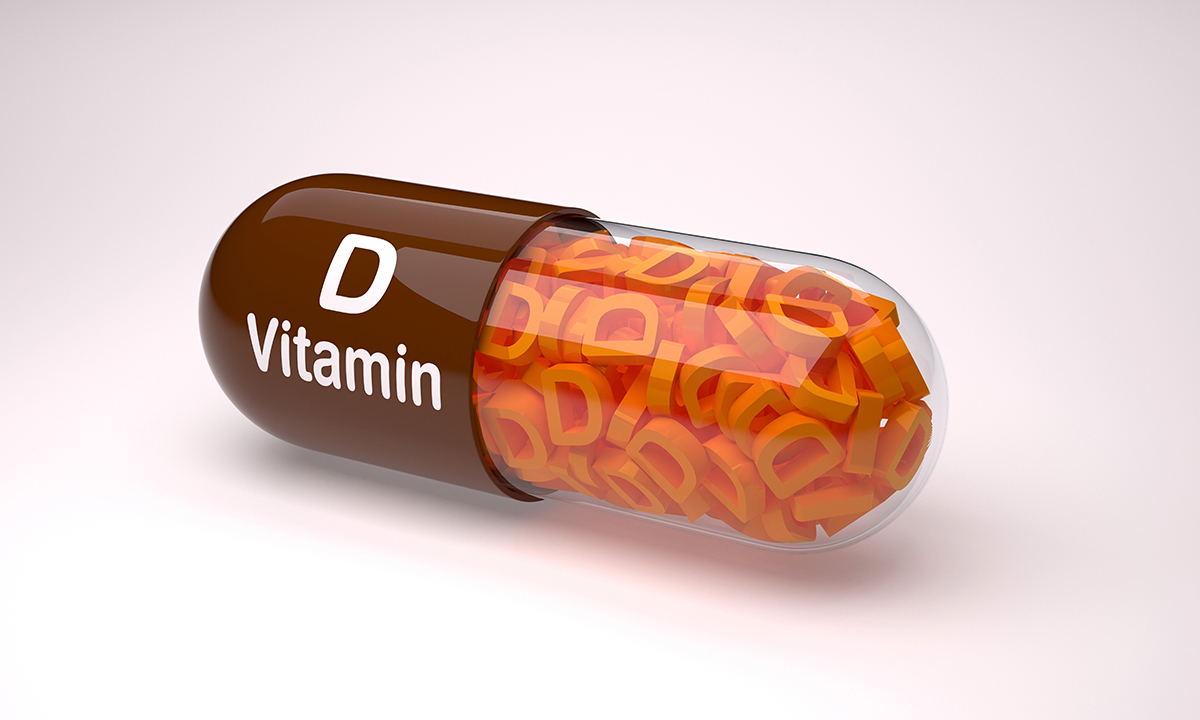THE already deflating bubble of vitamin D supplementation has been further punctured by a meta-analysis showing no significant association between vitamin D and protection against cardiovascular disease (CVD).
Published in JAMA Cardiology, the analysis included 21 randomised clinical trials, including 83 291 patients, 41 669 of whom received vitamin D and 41 622 of whom received placebos. Only four of the trials had prespecified CVD as a primary end point.
“Vitamin D supplementation compared with placebo was not associated with reduced major adverse cardiovascular events (RR, 1.00 [95%CI, 0.95-1.06]; P = .85) nor the secondary end points of myocardial infarction (RR, 1.00 [95%CI, 0.93-1.08]; P = .92), stroke (RR, 1.06 [95%CI, 0.98-1.15]; P = .16), CVD mortality (RR, 0.98 [95%CI, 0.90-1.07]; P = .68), or all-cause mortality (RR, 0.97 [95%CI, 0.93-1.02]; P = .23),” wrote the authors, from Michigan State University, Mutah University, and Harvard Medical School.
In an accompanying invited commentary, Dr Arshed Quyyumi and Dr Ibhar Al Mheid, both from Emory University School of Medicine, said that the enthusiasm for vitamin D supplementation was “at least partly owing to the misinterpretation of impressive epidemiologic associations between vitamin D status and a breadth of health metrics, leading to a potentially flawed assumption of causality”.
“The link between vitamin D deficiency and CVD is complicated by the possibility that low 25-OH D levels may be a result rather than the cause of CVD.”
The editorialists pointed out that in the US there had been a “nearly 100-fold increase in vitamin D testing and oral supplementation over the last decade, largely in populations at low risk for vitamin D deficiency”, to the cost of approximately $350 million annually, for testing alone.
“The [meta-analysis] … supports efforts aimed at curbing wasteful spending on vitamin D testing and treatment in populations not at risk for deficiency and/or for the purpose of preventing CVD morbidity and mortality,” they wrote.
Both the meta-analysis authors and the editorialists pointed out that in patients with chronic kidney disease or hyperparathyroidism vitamin D therapy was “definitely indicated” and had established CVD benefits “including blood pressure reduction, reduced electrolyte derangements, and overall reduced cardiovascular mortality rates in patients on hemodialysis”.
“Additional trials of higher-dose vitamin D supplementation, perhaps targeting members of older age groups and with attention to other CVD end points such as heart failure, are of interest.”

 more_vert
more_vert
The results given in this report are a bit on the meaningless side because no doses of vitamin D are mentioned. They do go on to say that high dose vitamin D supplementation may be worth investigating.
I take 1000 units per day because I avoid direct sunlight. I have a friend who takes 8000 units per day to treat his multiple sclerosis, and he attributes his current 13 year remission without any other treatment to the high dose vitamin D.
SO, what was the average daily dosage in the 21 trials analysed in this meta-analysis ?